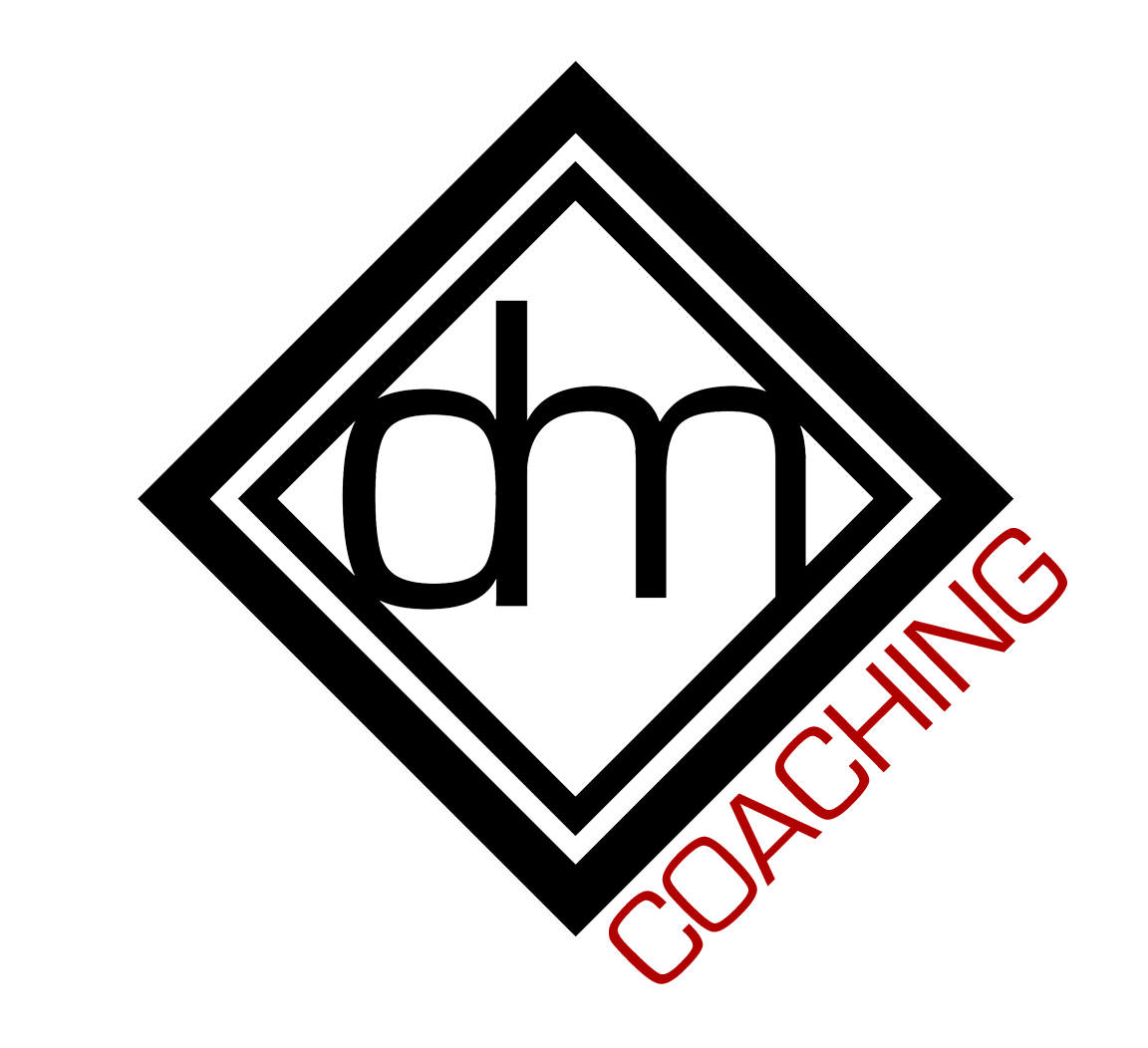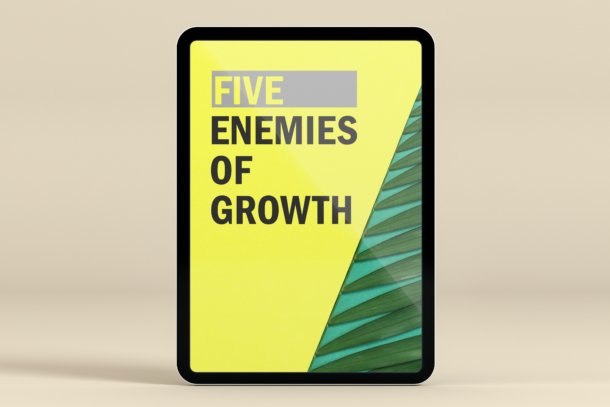Last week we talked about self-awareness and the importance of understanding your emotions in order to develop good Emotional Intelligence (EQ).
Self-management is the second of four domains of EQ. And it puts into perspective why having self-awareness as a foundation is so important. According to Daniel Goleman, self-management — or self-regulation — is “the quality of emotional intelligence that liberates us from living like hostages to our impulses.” In other words, it’s how you manage and respond to your emotions. And how can you manage emotions you don’t understand?
The four competencies of self-management are:
-
Emotional self-control:
Recognizing and controlling your emotions; maneuvering away from overreacting and instead remaining calm during stressful situations.
-
Adaptability:
Being flexible/open to change or uncertainty and learning how to manage the pressure that comes along with them.
-
Achievement orientation:
Setting measurable goals and standards for yourself in order to improve and grow.
-
Positive outlook:
Seeing opportunity in setbacks, change, or transitions; instead of seeing these things as something unfortunate, you expect them to bring growth and eventually be for the best.
In his article on self-regulation, Goleman says there are three ways to tell if someone who knows how to self-manage.
- Reflection and thoughtfulness are normal for them.
- Accepts uncertainty and change.
- Has the ability to say “no” to impulsive urges; shows a large amount of integrity in high-stake situations.
Let’s paint a picture of what bad self-management looks like:
It’s a normal day in your life — you get in your car to drive to the grocery store. On your way to the store, you get a call from someone at work with who gives you terribly unexpected news; someone at the office really messed up and it’s going to cost you a lot more time, money, and effort to fix it. You feel yourself going into a complete internal rage. It sets off a domino effect as you outwardly grumble around the store, unaware that your terrible attitude is evident to everyone around you. You impulsively decide to buy a few gallons of ice cream as a way to cope with the inconvenient news, and you think of some kind of shortcut to take in order to get out of this mess.
No one expects you to react with grace and poise when things are frustrating. Sometimes we let our emotions get the best of us, and it causes us to make a few bad decisions or act out. But an excellent leader intentionally directs the course of their negative emotions … instead of letting their negative emotions run them off the road.
We all consciously realize stress-eating ice cream and taking the easy way out of things aren’t our best options. But how do we learn how to manage our emotions in a healthy way when we’re faced with a bad situation?
The Hay Group offers their advice for better leadership and emotional self-regulation. You can read the full article here.
Next week we’ll be talking about social awareness and how to properly read other people’s emotions and reactions. If you’re someone who interacts with people often, you’re not going to want to miss it!
LIKE THIS POST?
Sign up to receive my posts via email and get a FREE copy of 21 Actions to Jumpstart Momentum!
[activecampaign form=3]]]>

